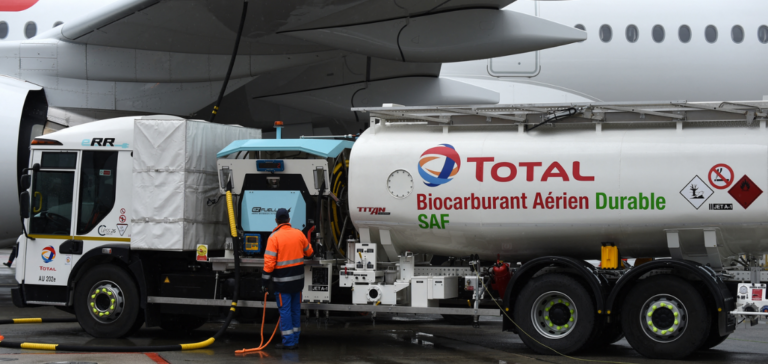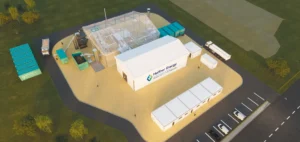ENEOS Wakayama, the refinery in Arida, Japan is the subject of a feasibility study by TotalEnergies and ENEOS Corporation.
A research axis
ENEOS Wakayama is planning to establish a sustainable aviation fuel (SAF) production unit. TotalEnergies is developing a sustainable aviation fuel that is a biofuel. Its manufacture results from waste and residues of the circular economy.
These wastes include animal fats, used cooking oils, and synthetic renewable fuels. Sustainable aviation fuels will significantly reduce CO2 emissions from air travel. To ensure the development of FAS, TotalEnergies has diversified its partnerships.
In this context, TotalEnergies, together with ENEOS and Safran, has developed a biofuel for the first sustainable long-haul flight from Paris. This biofuel collaboration builds on the companies’ respective areas of excellence and expertise. The feasibility study, initially planned for the ENEOS Negishi refinery, will finally take place at the Wakayama refinery.
Multiple partnerships
Industrial, technical and economic competitiveness criteria motivate this change. The unit under study will have an annual production capacity of 300,000 tons of SAF. It would mainly use used cooking oils and animal fats from the circular economy.
In addition, ENEOS and TotalEnergies are planning a joint venture for the production of sustainable aviation fuels. This collaboration aims to develop mass production of FAS and a sustainable supply chain for FAS in Japan by 2026. TotalEnergies has been present in Japan since 1957.
TotalEnergies has established numerous local partnerships in various sectors such as oil and gas production. The company also cooperates in the sale of aviation fuels and in the field of renewable energy. This project strengthens its already significant presence in the country.






















